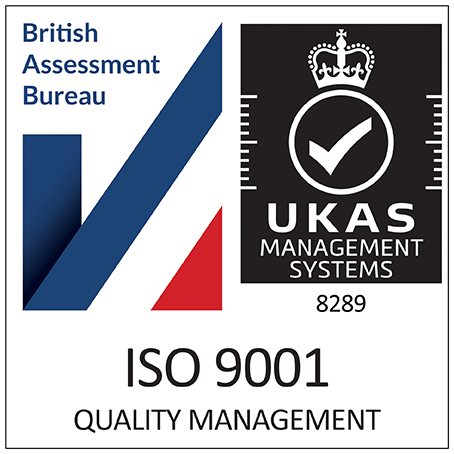Care Home Win Against Local Authority in High Court Battle
Roger Smithers has successfully represented a Care Home in a High Court dispute over fees with a Local Authority.
There have been a number of well publicised disputes between care home owners and Councils about the level of funding provided to support vulnerable adults in privately run care homes.
The usual remedy for a care home provider dissatisfied with the rate offered by the Council is to apply to the Court to quash the Council’s decision because it has not been made lawfully. If successful the Court will instruct the Council to re-make the decision, taking into account the proper factors they ought to have considered in the first place. However, under this system, a complainant who remains unhappy with the new rate offered by the Council has to go back to Court to complain all over again. The Court does not itself determine what is a reasonable fee.
A Different Way
In a new departure, the case of Abbeyfield Newcastle upon Tyne Society Ltd –v- Newcastle City Council [July 2014] in which Dr Roger Smithers, a barrister from Guildford Chambers acted for Abbeyfield care home, the High Court for the first time determined a claim for a reasonable rate brought under the service contract between the Council and the care home.
The Facts
Abbeyfield offers residential care homes, supported sheltered houses and respite care and had a written agreement with Newcastle City Council for the supply of care services between 2009 and April 2010. At expiry of the contract, the Council offered a new three year contract with rates frozen at the old level of £436 per week. Abbeyfield refused to sign the new contract accepting this offer, but continued for about 2 years to provide the services for which the Council paid the old rate of £436.
The Council used a number of tactics to ensure that every care home other than Abbeyfield (51 of them) signed up to the new terms. One such tactic was to threaten to strike any care home which did not sign up from its standing list. The Court said this was ‘plainly unlawful’.
The expiring contract contained a mechanism for accountants PriceWaterhouseCoopers (PWC) to prepare a rate model used to determine the actual costs of care to providers. Following the refusal by the Council to implement this mechanism, the local care homes trade association, Care North East did so. The lowest rate determined by PWC was £477 per week. The Council ignored the PWC report into the rates.
Abbeyfield sued the Council for £465 per week on the basis it was a reasonable rate because it was lower than any PWC determined rate and that it was the market rate for the services which the Council ought justly to pay.
The Decision
The case examined the Council’s defence that it had set a lawful rate which the Abbeyfield had accepted by continuing to provide services. The Court decided the rate set by the Council was not lawful, nor had the Abbeyfield accepted it. A reasonable rate was not indicated either by the rate paid to the 51 other providers because the Council had used its dominant position to skew the market.. The Court determined a reasonable rate at more than the Council had paid, resulting in a substantial back payment to Abbeyfield by the Council going back to the expiring contract date in April 2010, together with accrued interest.
Lessons to Care Home Providers
This case provides care homes with a number of lessons which should be useful to those in negotiation with Councils. These include:
1. Rate Review Models. The importance of an independent professional analysis of costs and corresponding fee rates like the PWC was key in this case. Providers in current or future negotiations with a Council should think about commissioning independent rate reviews themselves if the Council is not using such tools.
2. The need for a provider to communicate regularly and carefully with a Council. If a provider wishes to make concessions to a Council with whom they are negotiating, it is vital that any limits are set out very clearly in writing to avoid an effective allegation of having accepted objectionable terms by conduct.
3. Vindication through contractual rights or the right to receive the market rate can still be very effective, even if a provider stands alone against a dominant Council which has successfully brow-beaten every other care home in its area.


